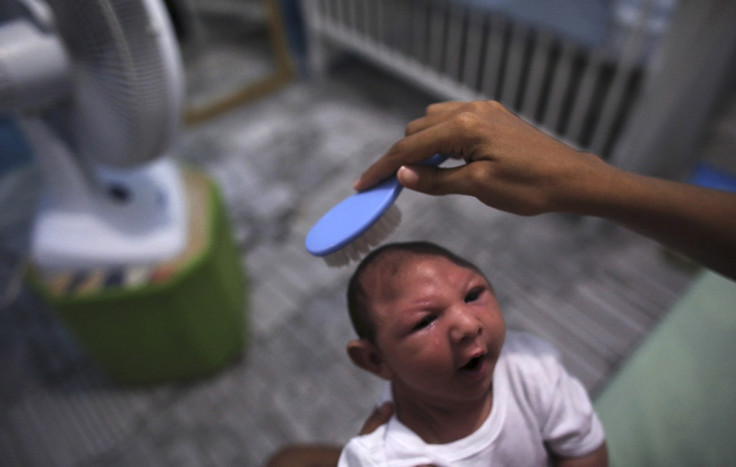Zika virus: Brazilian women postpone IVF treatment for babies
The number of women who have postponed their pregnancies is up by 10% since October on account of birth defects.

Doctors in Brazil say the number of women who have postponed their pregnancies has increased by 10% since October on account of birth defects due to the mosquito-borne Zika virus. Even when women are faced with potentially their last chance to conceive, many are postponing in vitro fertility (IVF) treatment for fear of microcephaly, which results in babies being born with shrunken brains and incomplete brain development.
Some have already put on hold IVF procedures, the BBC reported.
Architect Ana Paula Coutinho, 47, who had to interrupt her IVF procedures, said: "I don't have much time left to be a mother, but I'm really afraid. My husband and I have been doing IVF for seven years with no success. My latest attempt to get pregnant would have been this January but we were so afraid of Zika that we decided to freeze the embryos and see how this unfolds."
Dr Paulo Gallo, director of Vida, a popular fertility centre in Rio de Janeiro said: "Five to seven of my patients every month are having second thoughts about getting pregnant now."
According to the World Health Organisation, 23 countries and territories have reported cases of microcephaly and the Zika virus is "spreading explosively" and could infect as many as four million people in the Americas. An estimated 4,000 babies were found affected with microcephaly in Brazil. The latest report says three Britons were infected by the Zika virus during their travel to South America.
Some Brazilian researchers have found the Zika virus in the placenta of women who had miscarriages, directly linking the virus to the foetus. Officials in at least four Latin American and Caribbean countries have asked the women in the respective countries to postpone pregnancy for two years.
Even though the Brazilian health ministry has advised patients to take counselling from their doctors if they decide to proceed with IVF treatment, it did not convince all.
"Every day they discover something new. I got increasingly scared," says a 42-year-old IVF patient who did not wish to be identified. "I want a baby and I pray that it'll be healthy, but I don't want to tempt fate".
Amidst all this, Norma Guimaraes, 34, says she has decided to go ahead with IVF treatment. "Initially we were startled by the news and afraid of the virus, but we decided to go ahead with it. Brazil has been living with this mosquito for decades now and it hasn't been able to eradicate it or even produce a vaccine against dengue (fever, spread by the same mosquito which transmits Zika)," she says.
© Copyright IBTimes 2025. All rights reserved.





















